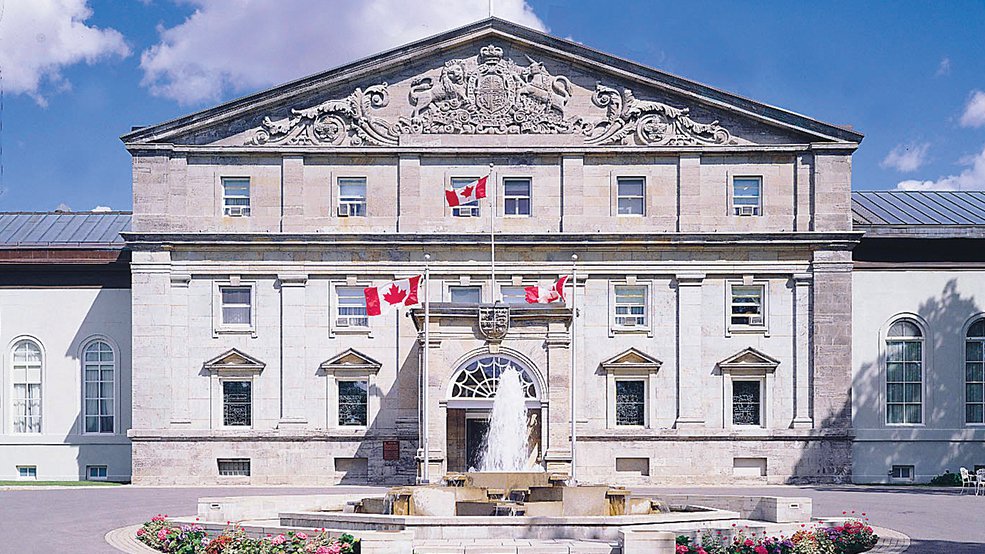Two different reality shows have been made pitches about televising the renovations to 24 Sussex, and some of their reasons for doing so are frankly appalling. On the one hand, one can see the temptation of such a project, both in terms of the drama, the fact that the constant conversation and hate-watching would drive the ratings, or the possibility of some form of public accountability where people would see on their screen what their millions of dollars of tax dollars are paying for (and before you say anything else, I am very dubious about that $38 million figure being thrown around, because it likely involves a bunch of security bells and whistles that the RCMP have thrown into it that may not actually be necessary but are a bunch of “nice to haves” while they’re blue-skying). And while that’s all well and good, one of the proponents, Lynda Reeves went and put her foot in it.
We have an equivalent. It’s called Rideau Hall.
FFS. https://t.co/TOodBg8rOy pic.twitter.com/vkBcq8Xd42— Dale Smith (@journo_dale) June 3, 2017
We already have our “White House equivalent,” and that’s Rideau Hall. It’s where the Head of State resides when she’s in the country, and where her representative lives and conducts his work. And I know that this may be hard for someone like Reeves to grasp, but the prime minister is not a president. He is the head of government, the “first among equals” of the Cabinet, and most emphatically not the head of state. He may have an official residence, but he doesn’t require the equivalent of a White House because his job is not the same, and he has two official offices – one in Langevin Block, and the other in Centre Block (with a temporary replacement being constructed in the West Block as we speak for the decade where the Centre Block will be out of commission). He doesn’t need a live-work space like the White House is.
It’s this kind of intellectual and cultural laziness that is the exact same as people who refer to Sophie Gregoire Trudeau as the “First Lady” when she very much is not. We don’t have a First Lady or a First Family because we have a monarchy, and those roles belong to the Royal Family. The closest thing we have to a “First Lady” other than the Queen (or Prince Philip if you want to qualify the spouse of the Head of State in such a role) is actually the Chatelaine of Rideau Hall, which is the title given to the spouse of the Governor General when the spouse is a woman (which I suppose would be châtelain when the GG is a woman with a male spouse).
So no, Lynda Reeves, we don’t need a symbol similar to the American White House because we already have one. And if we want Canadians to have an image in mind when they close their eyes and imagine what the equivalent is, there are plenty of photos to choose from. Here’s one:

